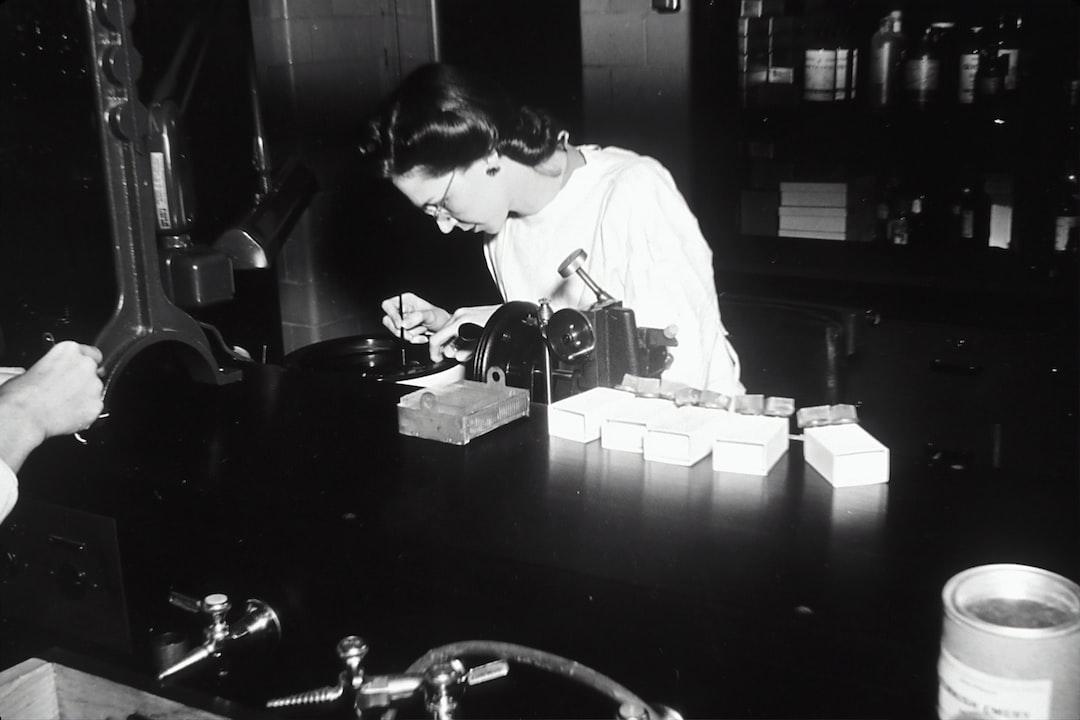
Recently, the incident involving Taiwanese artist Huang Zijiao has dominated the news headlines, once again bringing child and adolescent sexual violence and sexual crimes to the forefront of social attention. The Taiwan version of the Nth Room, “Creative Private Room,” which is alleged to have sold voyeuristic videos and photos to paying members, has also caused public outrage, making the public aware of the significant problem of the dissemination of such illegal sexual images on online platforms that must be addressed immediately.
In response to this, technology legislator Ge Rujun stated at a press conference of the Kuomintang Party that the use of virtual currency by “Creative Private Room” does not mean that virtual currency is a tool for committing crimes. On the contrary, the public and transparent nature of blockchain technology and the identity verification system of trading platforms can help law enforcement agencies track the flow of funds on illegal platforms and uncover the criminals behind them.
Ge Rujun cited four USDT payment addresses compiled by blockchain author Xu Ming’en at the press conference, pointing out that illegal platforms have earned as much as 890,000 US dollars since 2021.
– TA2G85LLXqtbcMwwZUKn4gDdQ9EkoHRp8V (currently in use)
– TJxBDgdAmD1NPy6ih4E6RBM4YQWZRACakZ
– TPbRDKYYi5qT3Ayutw6NV31bvNX9zGivZx
– TUQbf1PgWvxKethbrYLFY842UL6Z41RiKC
The flow of these virtual currency funds can be traced through on-chain data, clearly indicating that the funds flow into exchanges such as Binance, Maicoin, and ACE. As long as the prosecutors and these exchanges cooperate, the true identities of these criminals can be found through the KYC data of the receiving accounts, thereby completely eradicating the criminals’ online presence.
Successful Conclusion of CoinEx Taiwan’s 7th Anniversary Celebration, Embracing the Arrival of the Web3 Era Hand in Hand with Users
Since its establishment in 2017, CoinEx has been a professional cryptocurrency trading pla…
